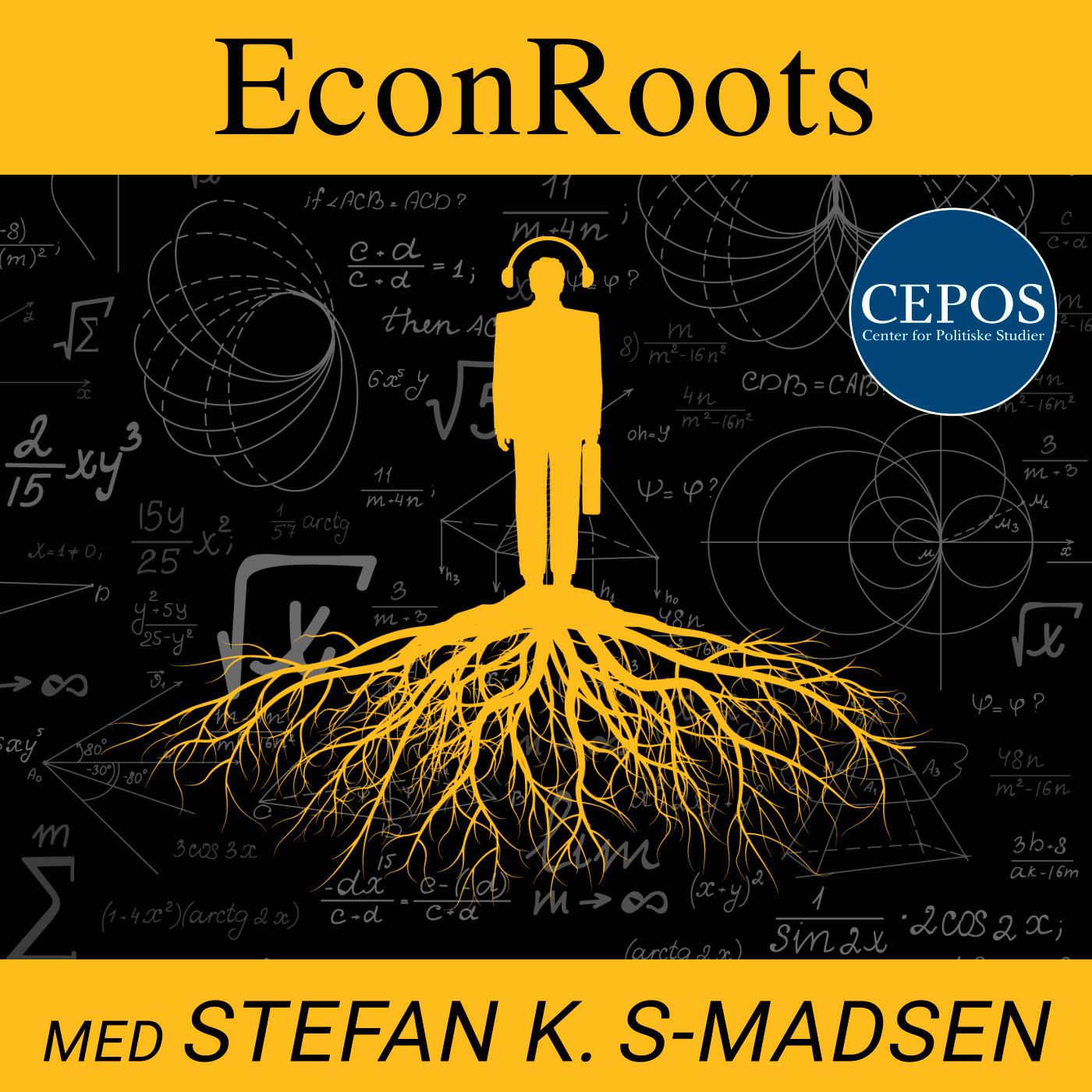General and Partial Equilibrium
Show notes:Today we tackle a key concept in economics, the idea of market equilibrium, both general and partial. A part of this talk also involves the role of information and that of regulation. We start with polymath Kenneth Joseph Arrow, a key figure in many economic insights. From him we move to a key Chicago school figure and funnyman, George Joseph Stigler. Finally, we star the French economist Gérard Debreu. In season 1 (Danish) we reviewed the history of economic thought before WWII. The coming seasons are dedicated to the Nobel Prize in Economics, and I am joined by economist Otto Brøns-Petersen. The Nobel prize is a good benchmark for how the field and profession of economics developed after WWII. We will focus both on the scientific contributions and on the people behind them. These are all star economists and worthy of your time and attention. Some will mainly feature in one episode, others in several. We therefore advice that you listen in the thematic order we propose – but it is up to you. Rest assured, we will cover all… Eventually.ReferencesKenneth J. Arrow – Prize Lecture. NobelPrize.org. Nobel Prize Outreach AB 2023. Mon. 3 Jul 2023. https://www.nobelprize.org/prizes/economic-sciences/1972/arrow/lecture/
Kenneth J. Arrow, Social Choice and Individual Values. Yale University Press, 2012. JSTOR, http://www.jstor.org/stable/j.ctt1nqb90.
Kenneth J. Arrow; Gerard Debreu. Existence of an Equilibrium for a Competitive Economy. Econometrica, Vol. 22, No. 3. (Jul., 1954), pp. 265-290.
Gerard Debreu – Prize Lecture. NobelPrize.org. Nobel Prize Outreach AB 2023. Mon. 3 Jul 2023. https://www.nobelprize.org/prizes/economic-sciences/1983/debreu/lecture/
George J. Stigler – Prize Lecture. NobelPrize.org. Nobel Prize Outreach AB 2023. Mon. 3 Jul 2023. https://www.nobelprize.org/prizes/economic-sciences/1982/stigler/lecture/
George J. Stigler – Banquet speech. NobelPrize.org. Nobel Prize Outreach AB 2023. Mon. 3 Jul 2023. https://www.nobelprize.org/prizes/economic-sciences/1982/stigler/speech/
George J. Stigler. (2003). Memoirs of an Unregulated Economist. Bibliovault OAI Repository, the University of Chicago Press.
George J. Stigler, 1971. "The Theory of Economic Regulation," Bell Journal of Economics, The RAND Corporation, vol. 2(1), pages 3-21, Spring.

